For many cat lovers, our feline friends are more than just pets; they are family. We often find ourselves amazed at their quirky behaviors and unique personalities. But have you ever noticed that your cat might be mimicking you? As strange as it sounds, cats can and do mirror the behavior of their human companions. This intriguing phenomenon not only highlights the bond between cats and their owners but also provides insights into feline psychology. Let’s delve into seven signs that your cat could be copying your behavior.
Mimicking Your Sleep Patterns
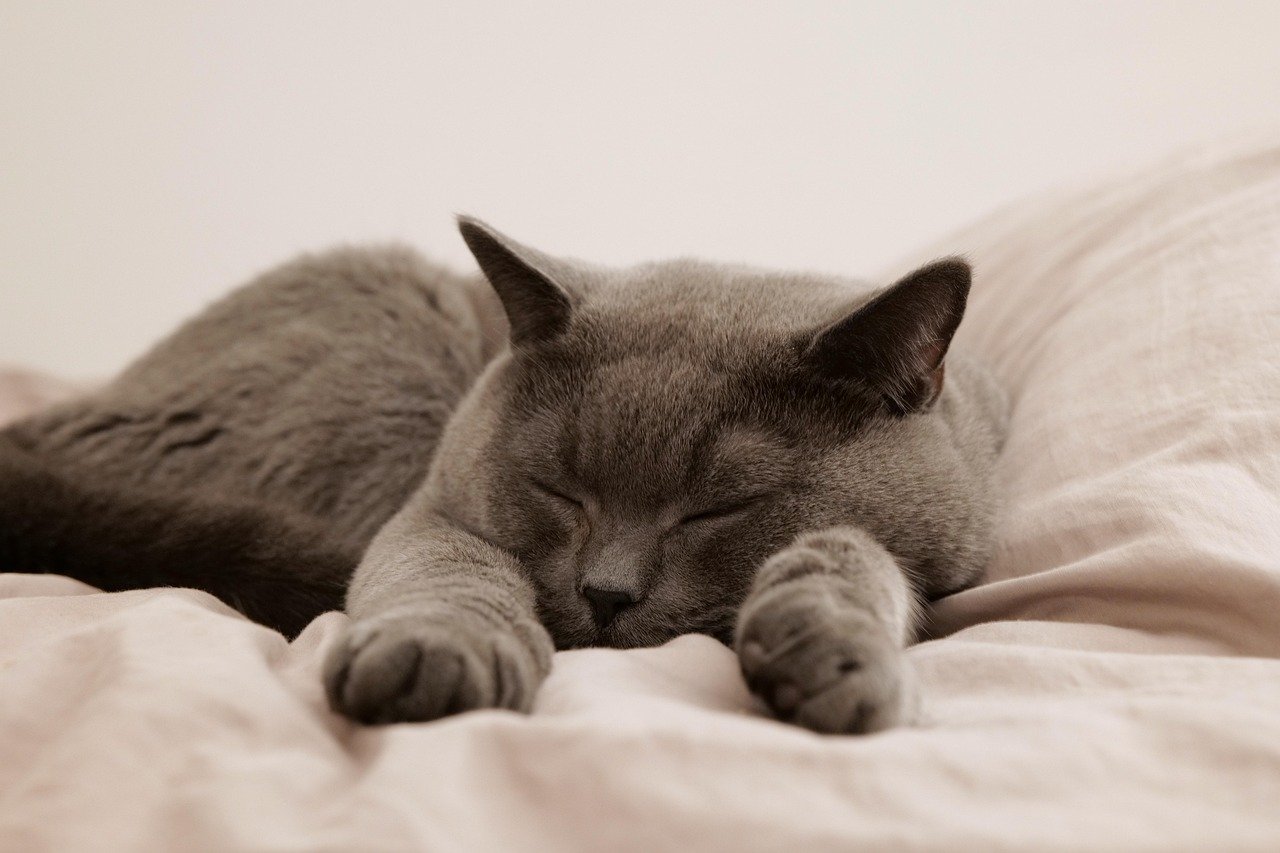
Have you ever found your cat snoozing next to you just when you decide to take a nap? Cats are known to be excellent observers, and they often pick up on the routines of their human companions. If you notice your cat sleeping or waking up around the same times as you, it might be more than a coincidence. Just like humans, cats have their own circadian rhythms, but they might adjust these to better align with yours. This behavior showcases the deep bond they feel with you, acting as a testament to their loyalty and affection. When your cat curls up beside you for a snooze, it’s their way of saying, “I trust you.”
Mirroring Your Eating Habits
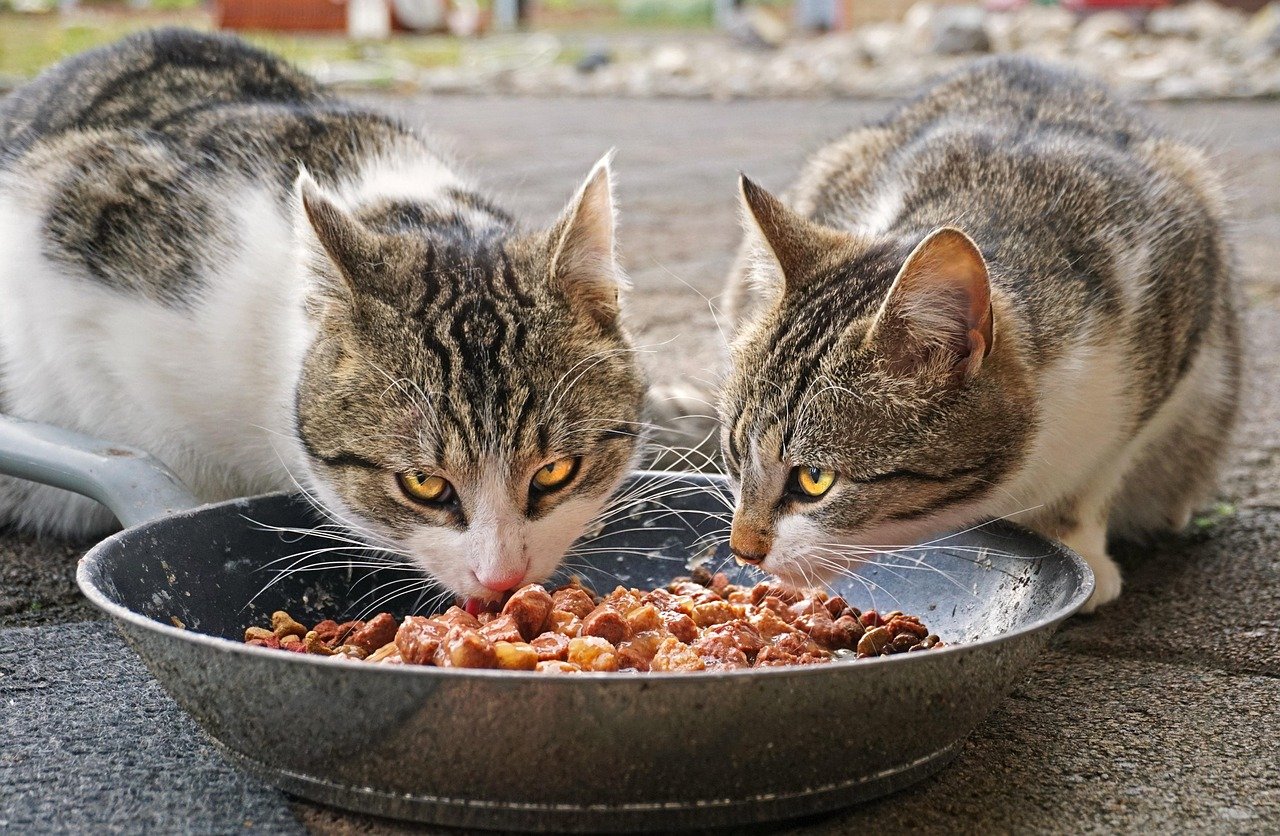
Does your cat seem to get hungry whenever you sit down for a meal? While cats have their own feeding schedules, they are incredibly attuned to their human’s habits. If you frequently snack throughout the day, you might notice your cat doing the same. Cats might not exactly share your love for pizza or ice cream, but they do notice when and how often you eat. By timing their meals with yours, they are showing an inherent desire to be part of your routine, reinforcing the social bond between you two. This behavior is a subtle nod to their respect for the pack leader—you.
Imitating Your Emotional Responses
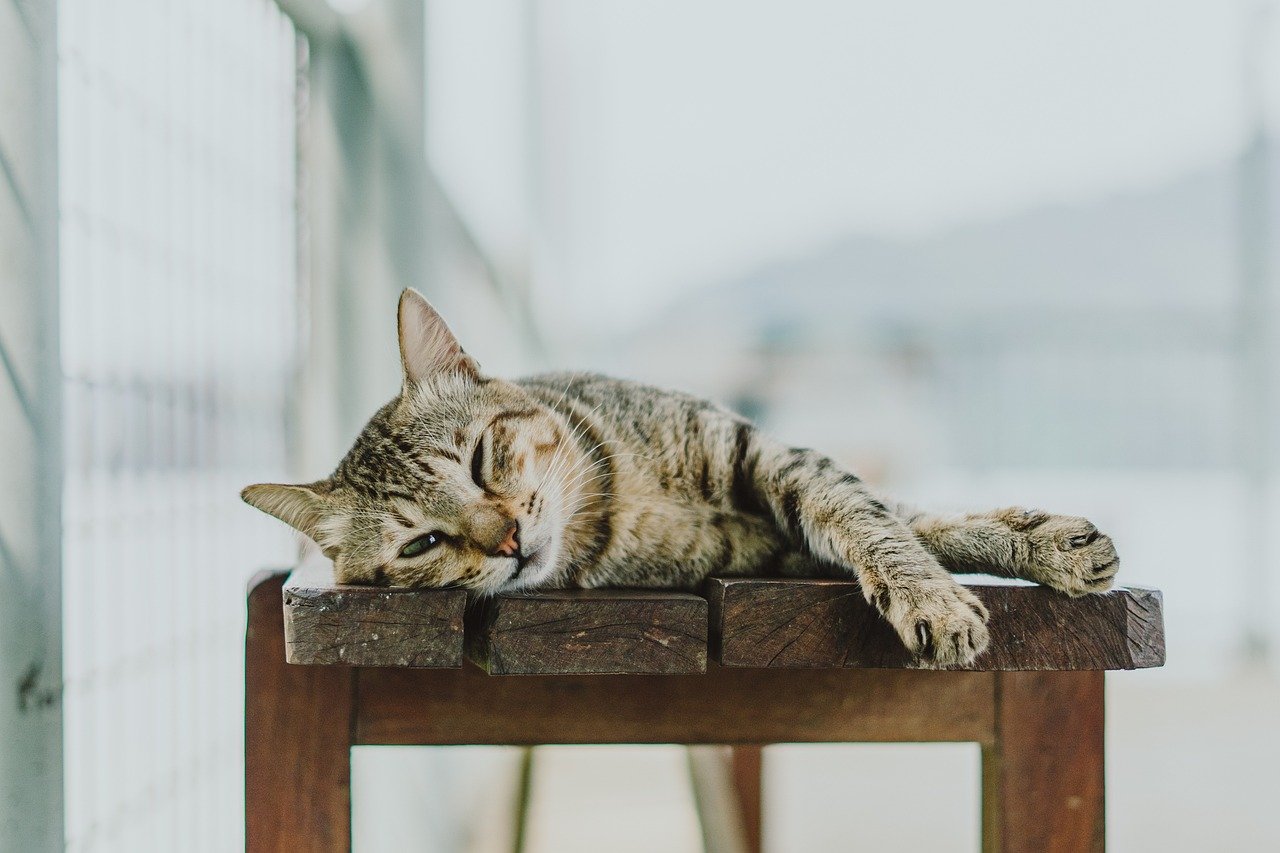
Cats are sensitive creatures and often pick up on the emotional atmosphere around them. Have you ever noticed your cat acting particularly aloof when you’re feeling down or, conversely, becoming more playful when you’re in a good mood? This isn’t just a coincidence. Cats can mirror the emotional cues of their owners, adjusting their moods accordingly. If you’re stressed, your feline friend might become more reserved, sensing the tension in the air. On the flip side, a happy, relaxed owner can inspire a more playful and affectionate cat. This emotional mirroring is a testament to their intuitive nature.
Copying Your Daily Routine
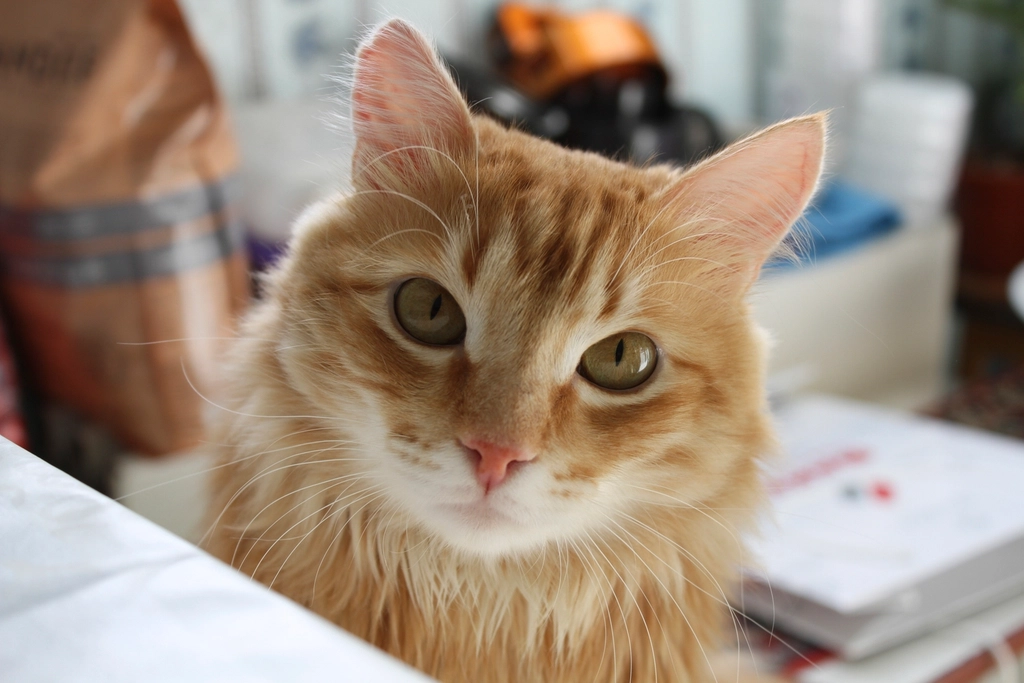
Cats thrive on routine and predictability. If you’ve ever noticed your cat following you around the house, from room to room, it might be because they’re trying to mimic your daily habits. Whether you’re brushing your teeth, doing yoga, or lounging on the couch, your cat might position themselves nearby, engaging in their version of your activities. This behavior isn’t just about curiosity but a genuine attempt to integrate into your daily life. By mirroring your routine, they are expressing their comfort and attachment to you, wanting to be involved in whatever you’re doing.
Adopting Your Communication Style
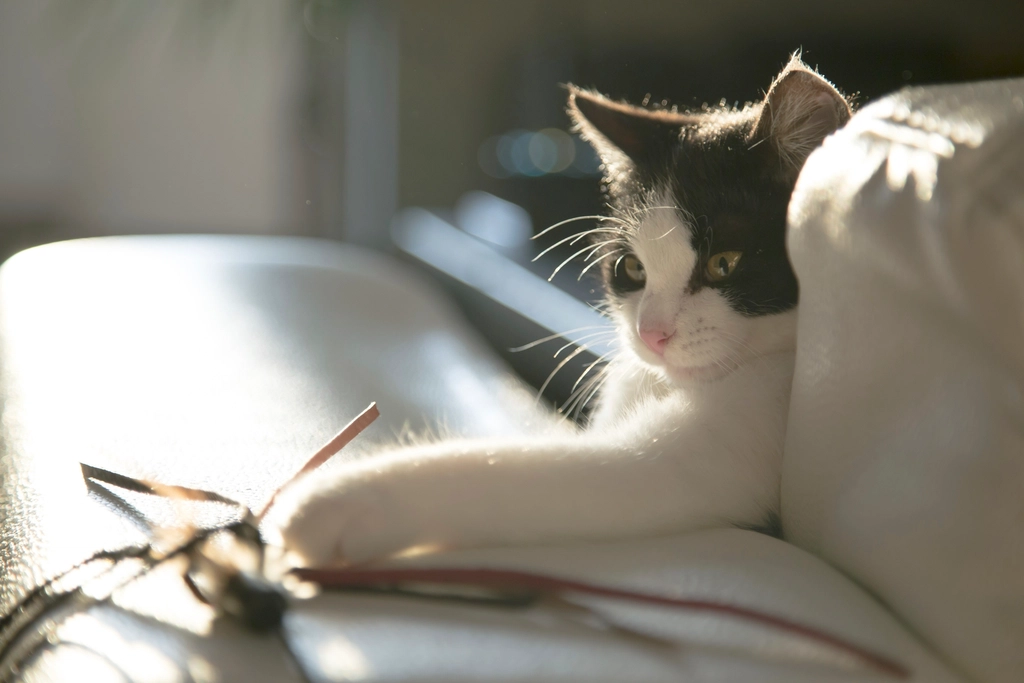
Cats have a unique way of communicating, both with each other and with humans. However, if you notice your cat vocalizing more or less, depending on how you speak to them, they might be copying your communication style. For instance, if you frequently talk to your cat in a soft, gentle voice, they might respond in kind with gentle purrs and soft meows. Conversely, if you’re more boisterous in your interactions, they might become more vocal. This adaptation is their way of bridging the communication gap, trying to “speak” your language as best as they can.
Emulating Your Social Interactions
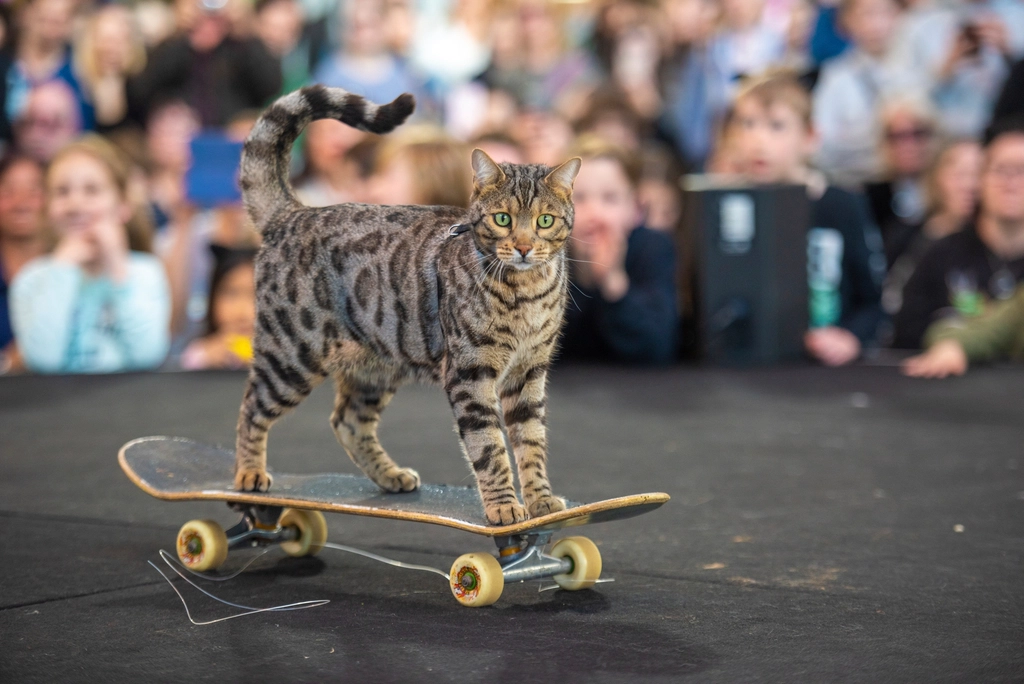
Cats are observant creatures and often watch how you interact with other people. If you notice your cat becoming more sociable or reserved based on how you behave around guests, they might be copying your social cues. For instance, if you’re welcoming and warm to visitors, your cat might approach them and seek attention. On the other hand, if you’re more introverted, your cat may keep a distance. This mirroring of social interactions highlights their desire to align with your social preferences, ensuring harmony in the household dynamic.
Reflecting Your Relaxation Techniques
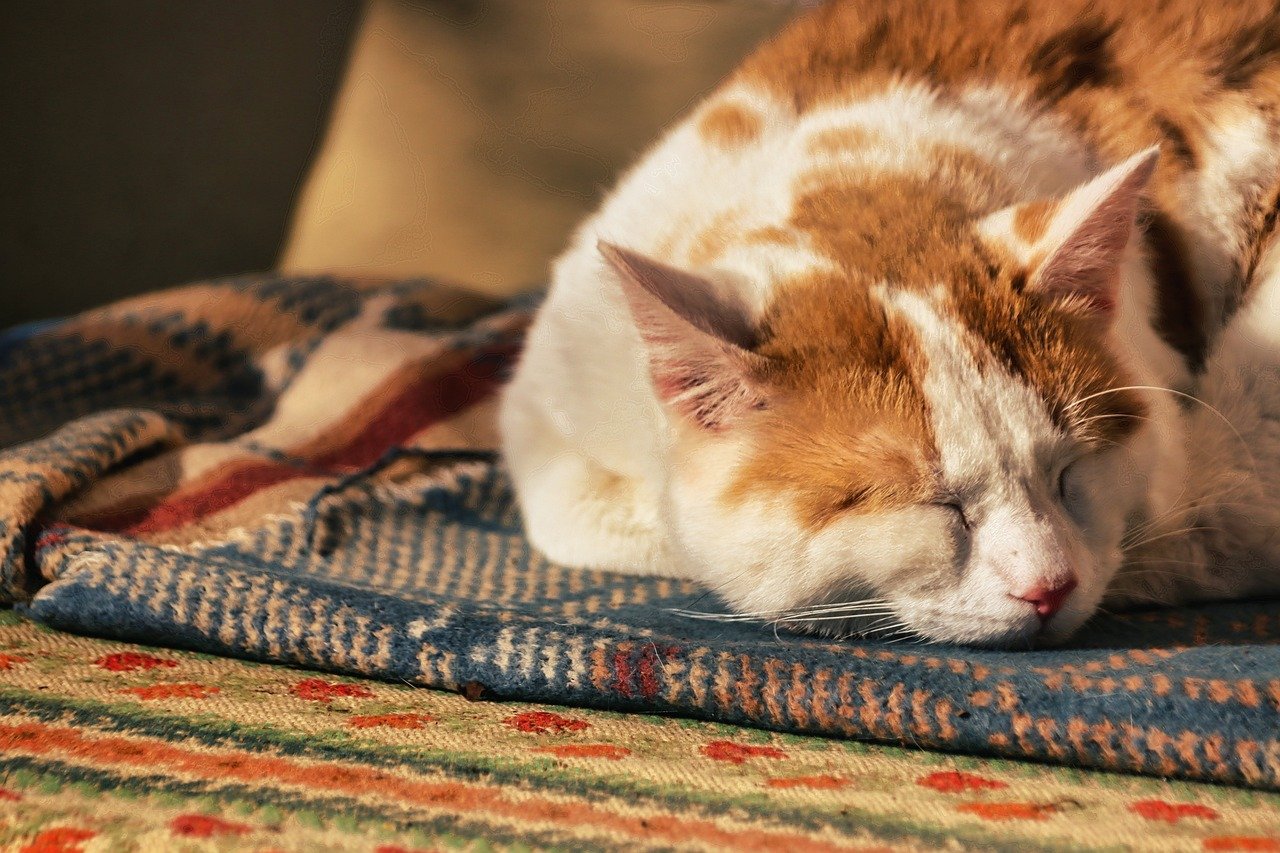
After a long day, everyone has their way of unwinding—whether it’s reading a book, watching TV, or meditating. Cats, too, have their relaxation methods, but they might take cues from you. If you find your cat lounging in the same room as you during your downtime, they might be seeking the same relaxation you are. They might stretch out on the couch, basking in the calm atmosphere you create. By mirroring your relaxation habits, they are showing their desire to share in the peaceful moments, reinforcing the bond of companionship.
In conclusion, cats are not just passive observers in our lives; they actively engage and adapt to our behaviors. This mirroring is a testament to the deep bond and mutual understanding between humans and their feline friends. So, the next time you catch your cat copying you, take it as a compliment—it means they truly see you as an integral part of their world.

Linnea is a born and bred Swede but spends as much time as possible in Cape Town, South Africa. This is mainly due to Cape Town’s extraordinary scenery, wildlife, and atmosphere (in other words, because Cape Town is heaven on earth.) That being said, Sweden’s majestic forests forever hold a special place in her heart. Linnea spends as much time as she can close to the ocean collecting sea shells or in the park admiring puppies.






